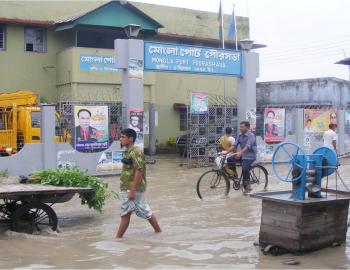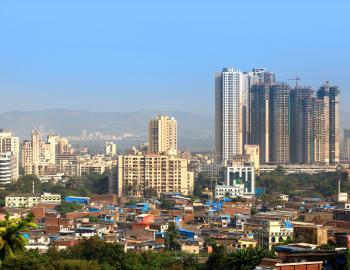Governance of urban land markets in Zimbabwe
Governance of urban land markets in Zimbabwe
Land market activity is a proxy indicator of economic health. Funding will continue to be a critical component of the land and housing development markets, hence the need for initiatives to promote savings at all levels.
This study investigated the impacts of land delivery processes and development control on the operation of urban land markets. It follows a scoping study on urban land markets in Zimbabwe, with a focus on Harare. The study interrogates the governance of urban land markets in the country. Key questions for the study included investigating the actors in Zimbabwe’s urban land markets, the types of urban land markets that exist and how the poor participate in them, and how the governance of urban land markets has changed in relation to the changing economic, social and political situation in the country. In responding to these key questions, the study interrogated the framework governing planning and land administration Zimbabwe.
The analysis sheds light on institutional challenges that constrain the smooth functioning of urban land markets. The study highlights challenges and opportunities as a basis for possible actions needed to strengthen the performance and general responsiveness of urban land markets, particularly to the needs of the urban poor. The study acknowledges the multiple pressures that influence the functioning of urban land markets, including increasing levels of poverty, particularly over the last decade, which have exerted pressure on the systems inherited from pre-independence and progressively adapted since then.
This study concluded the following;
- the role of private financial institutions, private investors and initiatives for financing provide greater scope for development of housing infrastructure in Zimbabwe going forward
- wide range of institutional actors exists in Zimbabwe’s urban land markets. However, there is no active forum that brings these groups of actors together to discuss common issues that affect the functioning of urban land markets
- planning framework plays an important function in delivery of urban land for development. Steps have been made to reduce planning standards to allow the poor the opportunity to develop affordable housing. However, there is a need for more creative ways of making land markets work better for the poor. A major weakness in planning framework is lack of exclusive definition of who the poor are and procedures to guide the selection of the poor
- an increasingly significant role of civil society organisations in providing land and housing for the poor; there is more potential for partnerships between residents of such settlements and various state and non-state actors
- the importance of a property rights registration system that is affordable to the poor. Moreover, a debate is needed on how the existing property rights in the formal sector can be made to work for the poor



